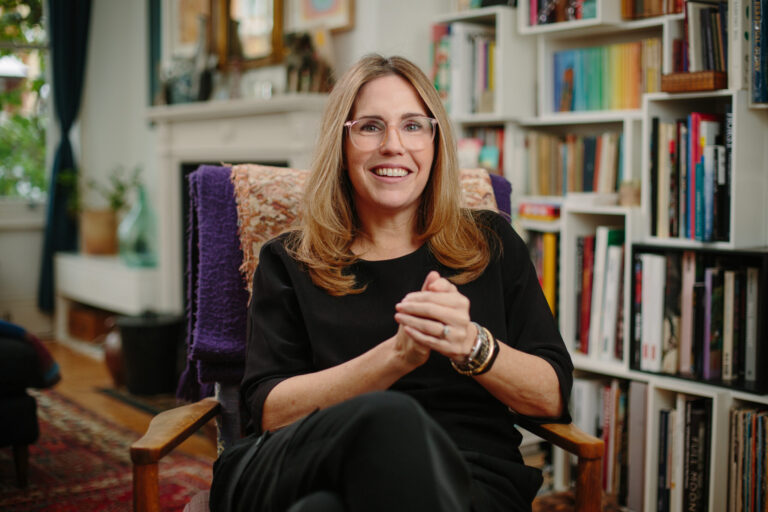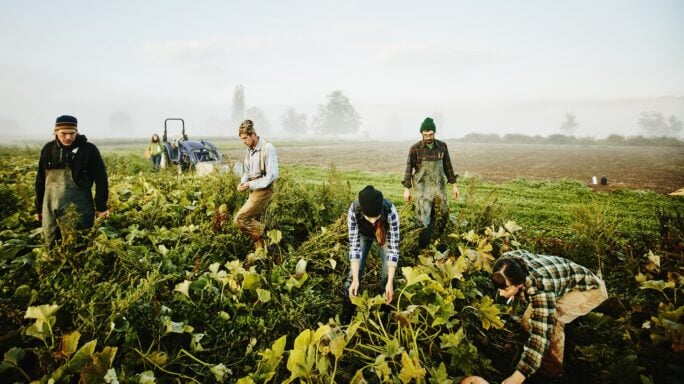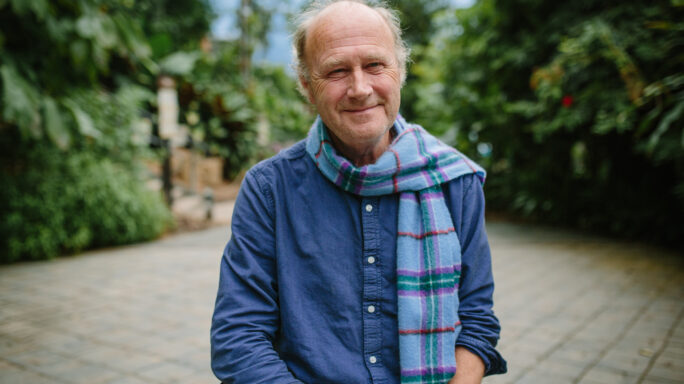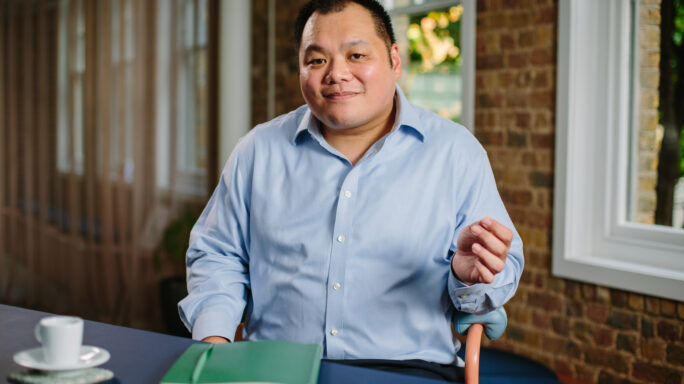Season 3: Building business resilience
How to transition to a sustainable business model

All businesses must look for new opportunities to thrive in the long-term, especially as we face an increasingly obvious environmental and climate emergency. My work as a consultant in carbon management regularly sees me helping businesses of all sizes, in all sectors, transition towards more sustainable business models. Whatever sector you’re in, wouldn’t you want to become a business that helps bring systemic change over the next few decades? Making conscious choices now could bring more opportunities for you and everyone involved in and around your business. So how can you transition successfully?
Opportunities for change
You’re constantly faced with day-to-day challenges when you run a business of any size. But as a small- or medium-sized business (SMB), you also meet other significant challenges, such as economic or political issues, that could impact you more severely than larger businesses. And now, with climate and sustainability credentials drawing heavy focus, there can be plenty of hurdles to overcome.
Alongside everything else, the climate issue can feel so big you might need help to see how you can make a difference. But collective action taken by SMBs can bring change where it’s needed. It can open up plenty of opportunities for your business to become more resilient in the future, whether through your staff, your products, or your trading markets.
A plant-based business model
Now more than ever, adjusting or updating your business model is essential to succeed in a world that’s moving towards a sustainable global economy. But what might that look like? Well, one example is the work done by Jude’s Ice Cream in Hampshire, UK. I was fortunate to collaborate with them to review their business operations, identify ways to cut carbon, and prepare them for the years ahead.
We calculated they released around 7,000 tonnes of greenhouse gas emissions per year. But by taking small steps and making some big decisions, particularly in their supply chain, logistics and distribution, and replacing plastic spoons with FSC-certified wooden spoons, they reduced their carbon footprint by 20 per cent in one year.
But by far, the most significant factor in this process was developing their plant-based range and reducing the dairy content of their conventional range. You’d think that dairy is essential to making delicious ice cream, but by being creative, bold, and brave, they’re shifting towards a more sustainable, plant-based offering that now makes up 28 per cent of their sales with the same luxurious taste and texture and is set to soon dominate their sales.
This transition hasn’t been detrimental to their business model – in fact, they’ve become a more resilient and sustainable business as a result. Now 75 per cent of the products launched in the last 12 months have been plant-based, and with sales sweeping through the UK and Europe, the business’s lifespan looks secure – and they’re excited about what’s to come.
Adjust and adapt for a low-carbon world
These fundamental changes were a real opportunity for Jude’s as they increased sales, opened up new markets, and gave the team a new product range to get behind. Whatever sector you’re in, I’m sure you can find some hidden opportunities too.
To help you firm up your business model, review everything – from reusing and recycling your resources to making your supply chains more energy-efficient and resilient. You can work to an agreed Supplier Code of Conduct or add carbon management into any procurement criteria to improve sustainability credentials all along the chain.
As well as a moral imperative, adapting your business model now is a massive opportunity that will set you on the path to becoming a competitively stronger business. You’ll become part of a new global economy and a low-carbon world, enhancing the well-being of people and the planet.
So imagine the most exciting, transformative, and positive business model you can, and go and implement it.





Leave a comment